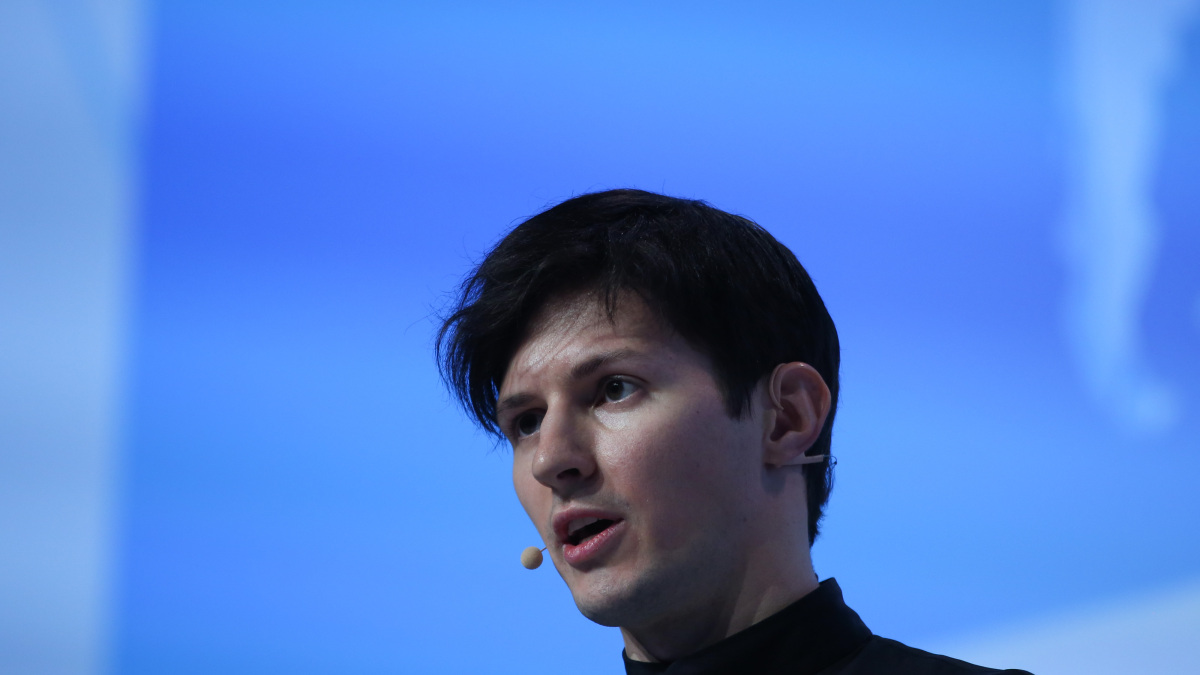On the matter of user privacy, Telegram’s founder has spoken. And we’re more confused than ever.
Telegram founder and CEO Pavel Durov posted an account in his public Telegram channel Monday about his history of protecting user data from the Russian government. He ends the post saying, “I stand for our users no matter what. Their right to privacy is sacred. Now — more than ever.”
He also tweeted a link to the post that said he had no regrets about his past actions standing up to the government and that he would “do it again without hesitation.”
But what Durov doesn’t give on either Telegram or Twitter is an assurance that Telegram’s user data is safe. It’s possible that there is a translation issue at play: Durov speaks both Russian and English, so perhaps he used a Google translate-like tool to help compose the post. But taking his posts at face value, the statements “I stand for our users” and “their right to privacy is sacred” are not the same thing as an unequivocal promise to not hand over data to the Russian government, nor are they an assurance that user data is safe from hacking and leaks.
Durov is the founder of what is still the dominant social network in Russia, VK. Durov writes in his post that in the early 2010s, the Russian government pressured him to hand over the data of Ukrainians opposing the Russia-friendly Ukrainian leader at the time. Durov refused, and ended up losing control of VK and fleeing the country (he’s currently a French citizen). Today, VK is controlled by the state.
He later founded Telegram, a platform that has both one-to-one and group messages, as well as public “channels,” which are ways people can broadcast views and news, and which can act like forums. In 2018, the Russian government moved to shut down Telegram, but ended up dropping the initiative in 2020. Today, it’s Russia’s second largest messaging platform after WhatsApp, with 38 million monthly active users in the country as of 2020.
So Durov does in fact have a history of protecting user data, even at great personal risk. But experts worry that the fact that Telegram is not an end-to-end encrypted platform makes it vulnerable. Users have to continue to trust that Telegram won’t give government regimes data. It’s also possible that Telegram’s infrastructure could be hacked, or user data could be released by someone on the inside.
Durov specifically calls out alleged concerns by some that the fact of him previously living in Russia might compromise Ukrainians’ security. That is presumably why he tells the story of the VK conflict, and shares that he is himself Ukrainian on his mother’s side.
It’s helpful to hear from the founder considering that Telegram has become the dominant messaging platform for discussing the war in Ukraine and Russia, according to experts. But the post doesn’t go far enough to assuage concerns about user privacy completely.
